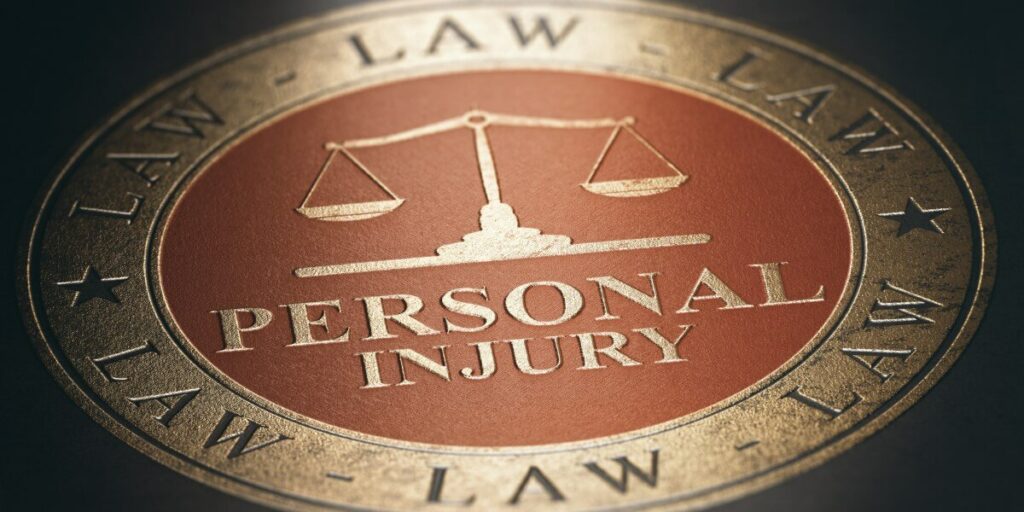Personal Injury Law: What is an Intentional Tort?
August 24, 2020 – Matt Albrecht

Not all personal injury claims involve ‘accidents’. Sadly, intentional attacks sometimes happen. If you or your family member was the victim of a crime or another type of wrongful act, it is normal to feel frustrated and overwhelmed. Know your rights: You may have a civil claim as the victim of an intentional tort. Here, our Spokane personal injury lawyers provide a brief explanation of the most important things that you need to know about intentional torts in Washington.
Intentional Torts: Defined
As described by the Cornell Legal Information Institute, an intentional tort is a deliberate act that causes harm to another person or another person’s property. Many intentional torts are criminal acts and the perpetrator may be charged. That being said, civil claims and criminal claims are distinct legal proceedings. A defendant does not have to be arrested for or convicted of a crime to be held liable for an intentional tort.
Common Examples of Intentional Torts
Intentional torts come in a wide variety of different forms. The key element of an intentional tort is that it is a wrongful act done with the purpose of causing harm to another person. Some notable examples of intentional torts that can lead to serious harm include:
- Assault;
- Battery;
- Sexual abuse; and
- Intentional infliction of emotional distress.
A defendant who commits an intentional tort is responsible for the resulting damages. Indeed, the person who committed the wrongful act—often referred to by the legal term “tortfeasor”—can be held liable through a civil personal injury claim. The only issue is that these parties do not always have the ability to pay.
Third Parties May Bear Liability for Wrongful Acts
You have the right to hold a tortfeasor legally liable for an intentional tort. Additionally, third parties may also bear liability for a wrongful act as well. Generally speaking, the third party will not have committed an intentional tort, but their negligence, at least partially, may have allowed the wrongful act to occur.
One of the most common examples of third party liability for an intentional tort is a negligent security claim. Imagine that you were assaulted at a bar in Downtown Spokane. The individual responsible for the assault committed an intentional tort. The establishment (the bar) may also be liable for your injuries.
If the attack occurred because the bar acted in a careless or reckless manner—perhaps because it overserved the patron who later committed an assault—it may be responsible through a third party liability claim. An experienced personal injury lawyer will help you explore every option for justice and compensation after a criminal attack.
Call Our Spokane, WA Personal Injury Attorney for Immediate Help
At Albrecht Law PLLC, our Spokane personal injury lawyers are aggressive advocates for injured victims and their loved ones. If you have questions about intentional torts, we are available to help. For a free review of your case, please contact our law firm right away. From our conveniently located office in Spokane, we represent tort victims throughout all of Eastern Washington.
Ask a Question, Describe Your Situation,
Request a Consultation
Call (509) 495-1246(509) 495-1246, or fill out the short form. Don’t hesitate; your questions are welcome.
5105 E 3rd Ave Ste 101 Spokane Valley, WA 99212
Monday 8:30 AM–5:30 PMRequired Fields*
Your Information Is Safe With Us
We respect your privacy. The information you provide will be used to answer your question or to schedule an appointment if requested.




